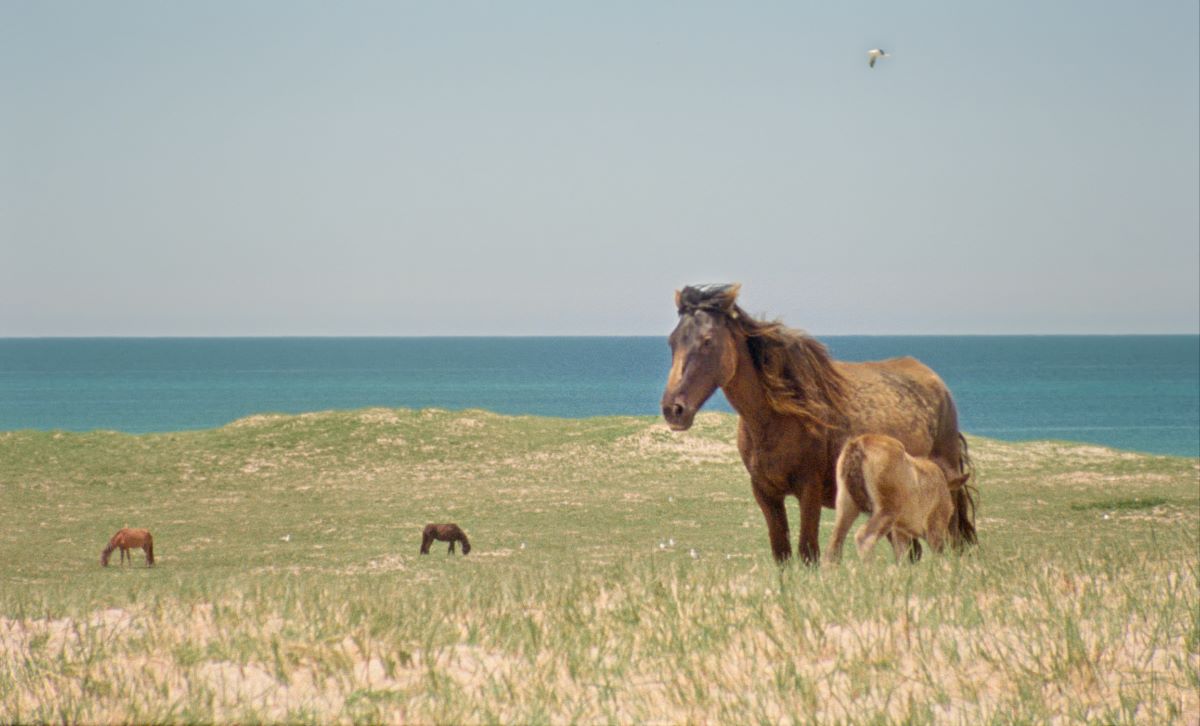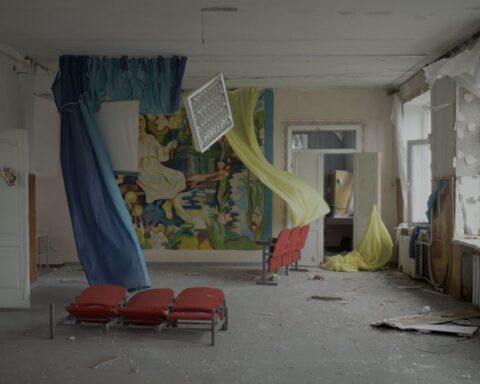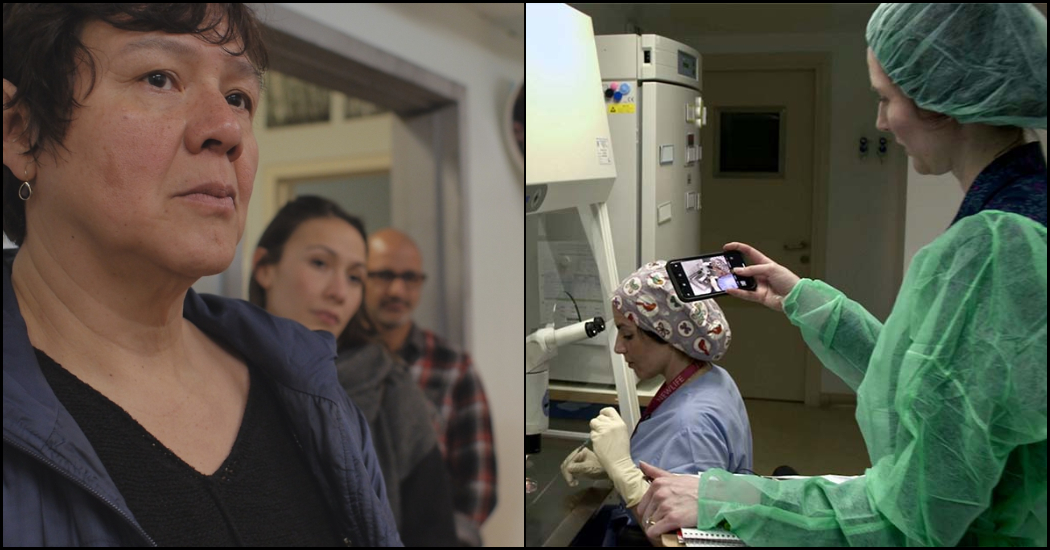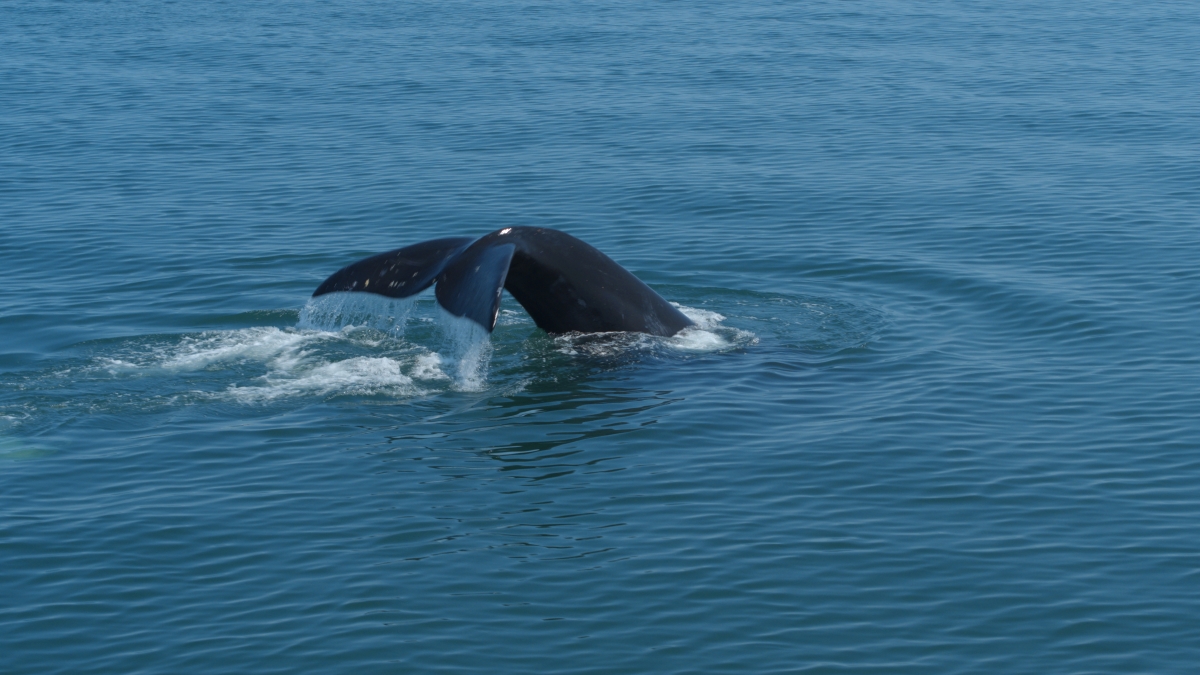602 Quebecois filmmakers are calling upon SODEC (Société de Développement des Entreprises Culturelles) to improve its support for documentary production. In an open letter “La SODEC étouffe le cinéma documentaire Québécois” (“SODEC stifles Quebec documentary cinema”) published in Le devoir, the filmmakers articulate a dire situation for the provincial funder. Signatories include Academy Award nominee Denis Villeneuve (Dune), Philippe Falardeau (Monsieur Lazhar), Documentary Organization of Canada executive director Sarah Spring, DOC board chair and Fire of Love producer Ina Fichman, Denis Côté (Bestiaire), Catherine Bainbridge (Rumble), and Léa Pool (Pink Ribbons, Inc).
The letter notes that the allocation of production dollars for documentaries from the provincial purse has dropped by half since 2013. In the 2020-21 fiscal year, 17 feature-length or mid-length documentaries received a $1,407,500 from SODEC, or 3.4% of production budgets. This figure amounts to an average of merely $82,794 per production. Compare this to the 2013 fiscal in which docs received 11% of production spending, or $2.8 million.
The signatories note that documentaries serve Quebec cinema especially well on the film festival circuit. They cite the recent inclusion of Quebecois films like Jacquelyn Mills’ Geographies of Solitude and Miryam Charles’ docu-drama This House at the Berlinale Forum as examples of two recent successes. Last year, Emanuel Licha’s zo reken won the top prize for Canadian features at both Hot Docs and RIDM, while Jean-François Lesage’s Prayer for a Lost Mitten won the top prize at Hot Docs the year before.
Docs as Social Fabric
More than representing Quebec well in cultural forums, though, the filmmakers note that larger aspects of Quebecois identity and social engagement are at stake if SODEC continues to under-fund non-fiction filmmaking. “Year after year, the documentary proves its social relevance, its formal audacity, its ability to grasp reality head-on and to name us as a people, to make us reflect as a society,” notes the letter. (My translation.)
“By helping to renew the language of the documentary, these two films [Geographies of Solitude and This House] also prove that the genre is very much alive and in tune with the society that birthed it. But beyond the festival successes, the documentary as a whole offers a unique look at Quebec and the world. It allows us to understand the complex times we are going through. By exploring a subject in greater depth and immersing themselves in a subject’s environment, documentary filmmakers identify social issues in a way that no other practice can do…In short, they offer a form of democratic engagement unlike any other form of cinema.”
The filmmakers outline clear demands to SODEC, including the request that 15% of provincial spending for productions be allocated to documentaries. The filmmakers also demand that SODEC spend public money “in a spirit of consistency with the unique and specific character of Quebec cinema.”
SODEC Response
SODEC issued a letter today in which president and CEO Louise Lantagne reiterated the funders’ support for documentaries. “The noble profession of documentary filmmaking has always aroused our admiration and our desire to support their essential work,” says Lantagne in the statement. (All quotes are my translation.)
However, SODEC passed the buck to an extent and called for more support from other bodies. “But as we are not the only donors of the documentary,” notes Lantagne, “it is clear that the best way to better support its financing can only be done in consultation with all the donors concerned.” Quebecois docs like Geographies of Solitude and Joannie Lafrenière’s Gabor both received national funding under Telefilm’s Talent to Watch program. Moreover, 10 out of 22 feature docs listed in Telefilm Canada’s recent funding announcement hailed from Quebec.
The statement notes that SODEC raised the ceiling for production spending in 2019, augmenting the cap for docs by 53%, or from $150,000 to $230,000 per film project. However, these figures obviously fall short from the averages noted above. Although SODEC does not dispute the $1.4 million figure cited in the letter, it notes it “made preliminary offers totaling $2.19 million.” Lantagne says that SODEC is open to constructive dialogue.














